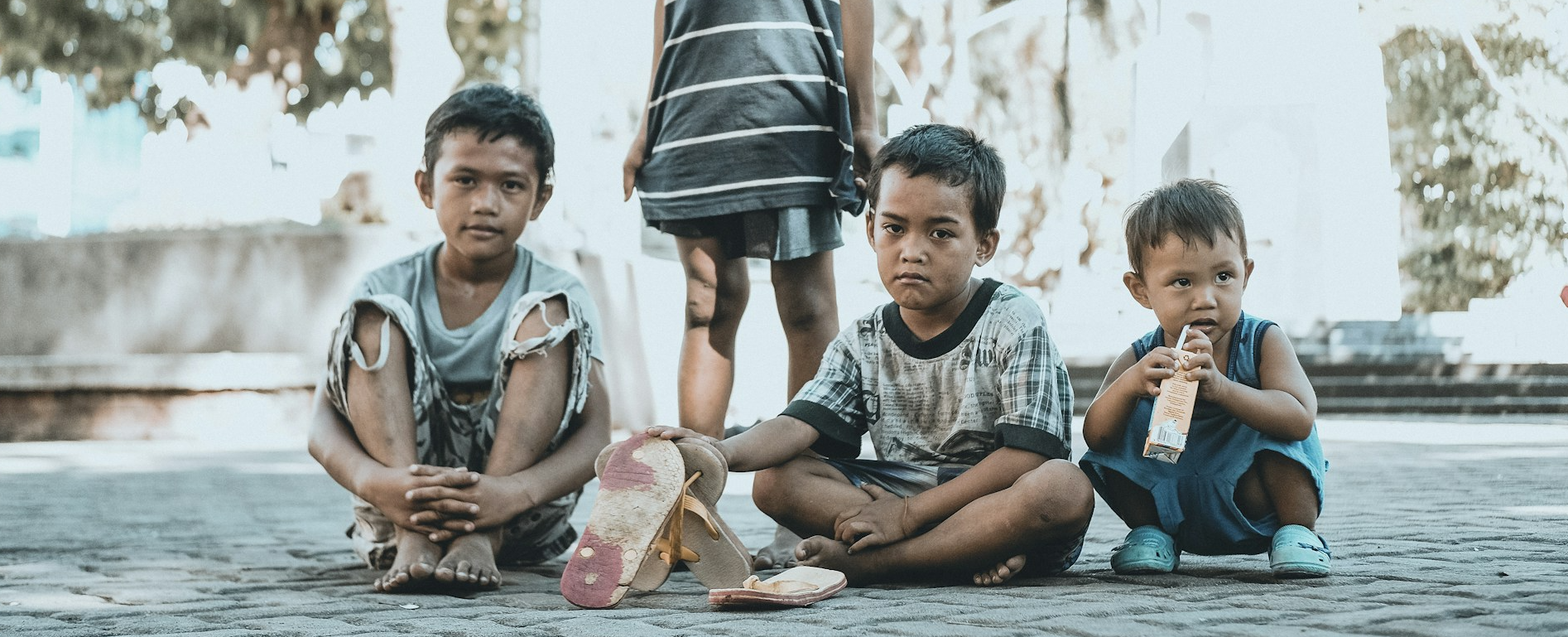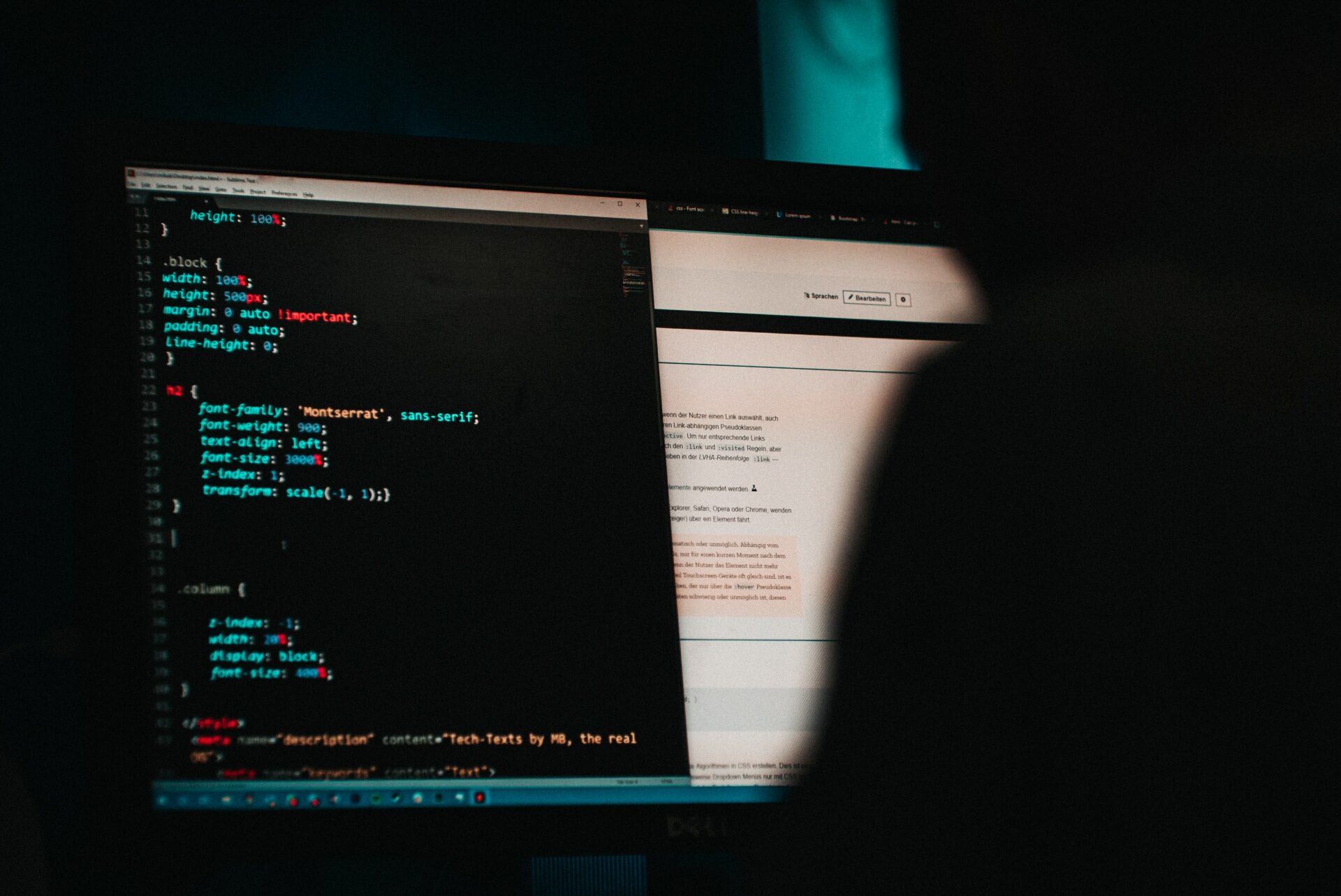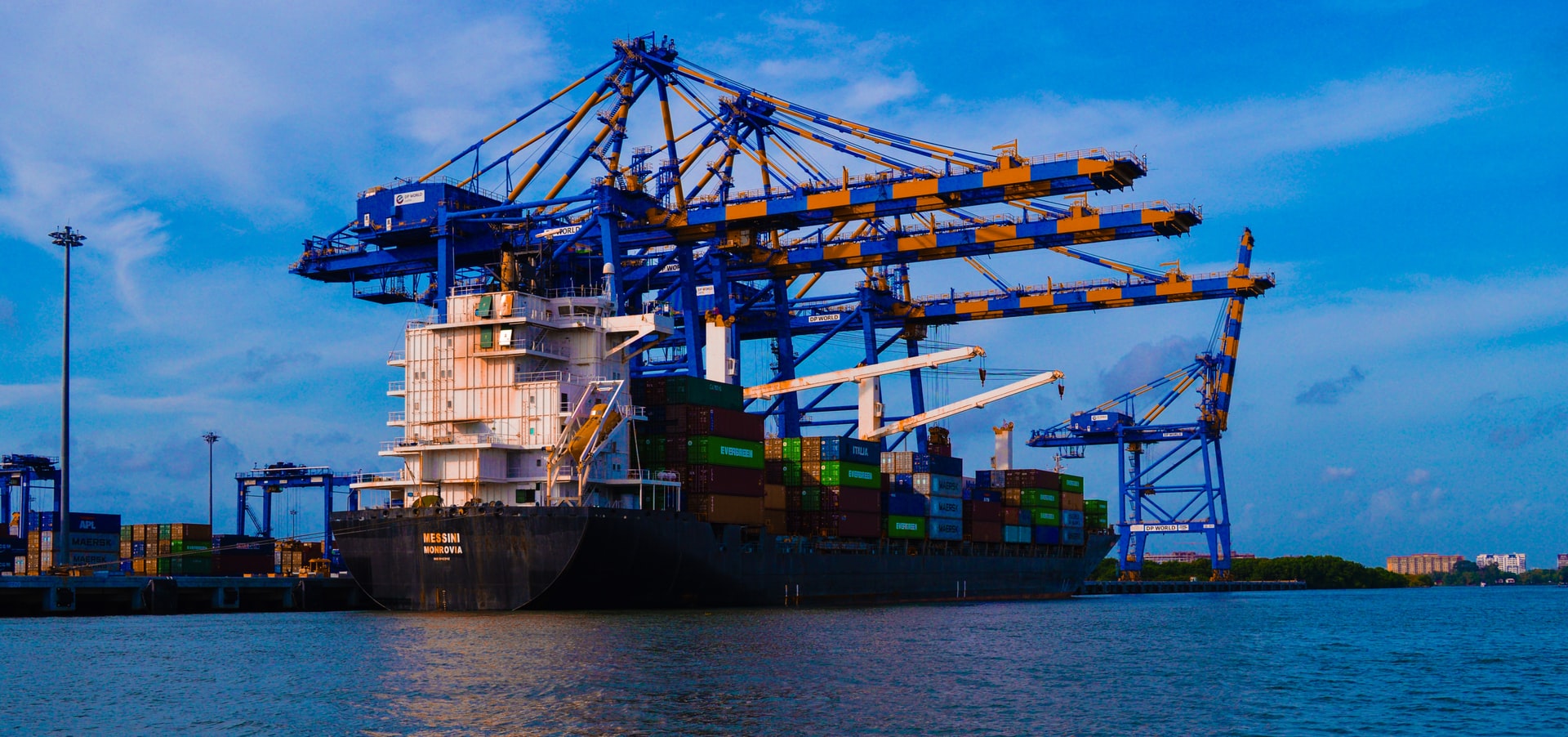Tackling Economic Inequality
The COVID-19 pandemic exposed the deep-seated inequalities within the global economy. While some sectors, particularly within the digital economy such as online food delivery and streaming services, experienced significant growth, many others, especially vulnerable populations, were plunged into hardship.
Those disproportionately affected include individuals with chronic illnesses, disabilities, low income, homelessness, and many belonging to minority groups. Specific geographic communities, young children, older adults, the uninsured, and individuals with severe mental health disorders also faced significant challenges. The pandemic’s impact manifested in various forms, including increased morbidity rates due to COVID-19 infection, severe financial strain, and detrimental effects on mental health and overall wellbeing.
The situation in the Global South is particularly concerning. Research reveals that a staggering 94% of countries receiving loans from the World Bank and International Monetary Fund have been forced to cut vital investments in public education, healthcare, and social safety nets over the past two years.
As Kate Donald, Head of Oxfam International’s Washington DC Office, aptly states: “These cuts are not just dispiriting; they’re dangerous and fundamentally anti-development.” These nations are tragically faced with an agonizing choice: either invest in essential services that are crucial for the wellbeing of their citizens or implement austerity measures to meet their debt obligations. This dilemma carries a devastating human cost, as millions of people rely on these public services to thrive and build a better future for themselves and their families.
Global Equality and Inclusivity
The Sustainable Development Goals (SDGs) are a global framework aimed at addressing critical social, economic, and environmental challenges. Central to their success are the principles of diversity and inclusion, which are not only integral to specific SDGs like Reduced Inequalities (SDG 10) and Gender Equality (SDG 5) but also extend throughout the entire framework.
Recognizing the inherent value of diversity, the SDGs emphasize the importance of inclusive and equitable approaches in all aspects of development. For instance, achieving SDG 4 (Quality Education) requires creating an inclusive learning environment where all students, regardless of their background, have equal opportunities to succeed. Similarly, SDG 8 (Decent Work and Economic Growth) emphasizes the need for inclusive and sustainable economic growth that ensures full and productive employment and decent work for all, leaving no one behind.
Governments play a crucial role in fostering inclusivity and reducing inequalities. Implementing policies such as tax relief, income support programs, and expanding social safety nets can significantly impact the lives of vulnerable populations. For example, in the United States, while the Official Poverty Measure (OPM) showed a slight decrease between 2022 and 2023, the Supplemental Poverty Measure (SPM), which considers a broader range of factors, revealed an increase, highlighting the need for continued efforts to address poverty and inequality.
Singapore’s Budget 2024 prioritizes inclusivity with substantial social spending. Key investments focus on empowering individuals through programs like the SkillsFuture Mid-Career Support Package, helping workers adapt to the changing job market. The budget also emphasizes social mobility and reduces inequality by enhancing the Workfare Income Supplement Scheme and increasing subsidies for healthcare and education, demonstrating a commitment to support lower-income groups and fostering a more equitable society.
Inequality Not Inevitable
Inequality is not an inevitable fate; it’s a consequence of the policy choices we make. Every nation possesses the capacity to diminish inequality, but this requires concerted efforts both domestically and internationally.
To effectively tackle inequality, countries must establish concrete and time-bound National Inequality Reduction Plans (NIRPs). These plans should be rigorously monitored to track progress. Prioritizing public spending on essential services like education, healthcare, and social protection is crucial. All nations, especially low- and lower-middle-income countries, should allocate a significant part of their public expenditure to healthcare and education. Progressive taxation, particularly on the income of the wealthiest is essential too.
The G20 and the UN must collaborate to develop robust international standards for taxing the super-rich and multinational corporations more effectively. This includes implementing minimum effective tax rates on their income and wealth, ensuring a fair share of the resulting revenue flows to lower-income countries. The international community, led by the G20, IMF, World Bank, and UN, must urgently address the issue of debt service burdens. This can be achieved by lowering global interest rates, reducing borrowing costs for middle-income countries reliant on market financing, and providing long-term debt rescheduling or cancellation for lower-income nations.
Economic equality is not merely a matter of social justice; it is fundamental for a sustainable and prosperous future for all. By fostering collaboration among governments, businesses, civil society organizations, and individuals, we can create a more equitable and inclusive world where everyone has the opportunity to flourish.
Photo Caption: Children in the Philippines.



